Many opinions say that not organizing People's Councils at district and ward levels brings many benefits. The most obvious of which is helping to streamline the apparatus, reduce intermediate levels, reduce administrative procedures, and improve the effectiveness and efficiency of state management.
In the draft revised Law on Organization of Local Government (to be submitted to the National Assembly for comments at the extraordinary session in February 2025), the Ministry of Home Affairs proposed not to organize People's Councils at district and ward levels to reduce intermediary contacts, save the budget, and ensure smooth direction and operation of administrative agencies.
Reducing local bureaucracy
According to the Ministry of Home Affairs, in urban areas including districts and provincial cities; wards of districts; wards and communes of provincial cities and centrally run cities, it is not necessary to organize People's Councils.

On December 30, 2024, the Executive Committee of the Ha Long City Party Committee, Quang Ninh, term XXV, discussed and agreed not to organize People's Councils at the commune-level administrative units. Photo: Ha Long Portal.
These administrative units only organize People's Committees, operate under the administrative head mechanism and are directly under the People's Committees at higher levels. The Chairman and Vice Chairmen of the People's Committees will be directly appointed by the Chairman of the People's Committee at higher levels.
On the contrary, for rural areas, including provinces, districts, communes, and towns (except communes belonging to provincial cities and communes belonging to centrally-run cities), the Ministry of Home Affairs proposes to fully organize local government levels including People's Councils and People's Committees.
According to the Ministry of Home Affairs, the current organization of local government reveals some shortcomings, especially in large cities.
The current model of local government organization is not really suitable for the characteristics of urban areas, leading to the National Assembly having to issue separate resolutions to regulate the organization of urban government for Hanoi, Ho Chi Minh City, Da Nang and Hai Phong. A common point in these resolutions is that they all stipulate that there will be no People's Councils at the district and ward levels.
Nationwide, most administrative units still have a full local government system including the People's Council and the People's Committee. This makes the local government apparatus at all levels cumbersome and multi-layered, failing to meet the goals of streamlining, improving the effectiveness and efficiency of operations according to the policies of the Party, the National Assembly and the Government.
Meanwhile, the central city's urban government organization has initially brought positive results; the urban government organization apparatus is streamlined, reducing focal points and intermediate levels, saving the state budget.
Not organizing People's Councils at some levels ensures that the direction and administration of state administrative agencies at higher and lower levels are smooth, operate effectively, and serve the people better.
Streamline and improve management efficiency
National Assembly delegate Nguyen Thi Viet Nga (Hai Duong delegation) said that before the Ministry of Home Affairs proposed not to organize People's Councils of districts and wards nationwide, the organization of People's Councils of districts, wards and wards had been piloted in a number of localities.
In the 2009-2015 period, the pilot was carried out in 67 districts, 32 counties and 483 wards of 10 provinces and cities (Lao Cai, Vinh Phuc, Hai Phong, Nam Dinh, Quang Tri, Da Nang, Phu Yen, Ho Chi Minh City, Ba Ria - Vung Tau, Kien Giang).
Currently, in the urban government organization model being implemented in Hanoi, there is no People's Council of the ward. As for Ho Chi Minh City and Da Nang, there is no People's Council of the ward or district.
As a continuous participant in the People's Council for 3 terms and a National Assembly delegate for 2 terms, directly supervising in localities, Ms. Nga shared: "I see that the role and activities of the People's Council at the commune level are currently limited due to many different reasons such as limited professional qualifications, many cadres holding concurrent positions, leading to the failure to promote the role in supervising and performing tasks according to the law".
Ms. Nga said that the recent pilot results in localities also showed that not organizing People's Councils at the commune and ward levels, including district-level People's Councils, has brought many benefits.
The most obvious is to help streamline the apparatus, reduce intermediary levels, reduce administrative procedures, and improve the effectiveness and efficiency of state management. Meanwhile, the implementation of the representative rights and mastery rights of the people in the area is still maintained.
Who will supervise instead of the People's Council?
Dr. Nguyen Viet Chuc, Deputy Head of the Advisory Council on Culture and Society (Central Committee of the Vietnam Fatherland Front) said that this is the right time to implement the disorganization of People's Councils at district and ward levels nationwide.
"With the results achieved in the pilot program of not organizing People's Councils at district and ward levels, I think this is the right time to implement this nationwide," said Mr. Chuc.
According to Mr. Chuc, when there is no longer a People's Council of the district or ward, there should be measures to improve the effectiveness of the Vietnam Fatherland Front Committee and its member organizations, and unions in the district or ward in supervision.
"How can the Fatherland Front at local levels truly be the political foundation of the people's government? This must be a representative body, protecting the legitimate rights and interests of the people. At the same time, the Fatherland Front gathers and promotes the strength of great national unity, implements democracy, supervises, and provides social criticism...
At the same time, press agencies need to promote the spirit of supervision, promptly reflect people's thoughts and aspirations, especially pressing issues, to state agencies," said Mr. Chuc.
Sharing the same view, Ms. Nguyen Thi Viet Nga said that the proposal of the Ministry of Home Affairs is reasonable at the present time. When there is no People's Council of district, ward, town, commune, the authority to decide on policies and resolutions on socio-economics, public investment, and budget will belong to the City People's Council and the City People's Committee.
The supervision of local authorities will be carried out by the People's Councils at the provincial and municipal levels. Along with that, the supervisory role of the Vietnam Fatherland Front and mass organizations will be strengthened and the supervisory role through organizations as well as directly by the people will be promoted," said Ms. Nga.
Continue to review and research carefully
Reviewing the Government's submission at the 42nd meeting of the National Assembly Standing Committee last weekend, the Standing Committee of the National Assembly's Law Committee requested the Government and the Ministry of Home Affairs to thoroughly and comprehensively summarize this issue, and to widely collect opinions from localities, relevant agencies and organizations, as well as experts and scientists. Collecting multi-dimensional opinions will help to have a more objective and comprehensive view of the current situation and needs.
The agencies then continued to review and carefully study the relevant content to make appropriate proposals on the urban government model in the draft law.
Source: https://www.baogiaothong.vn/loi-gi-khi-khong-to-chuc-hdnd-cap-quan-phuong-192250210192550441.htm

































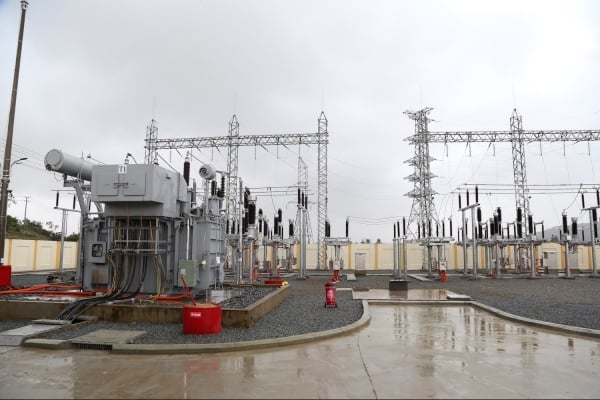

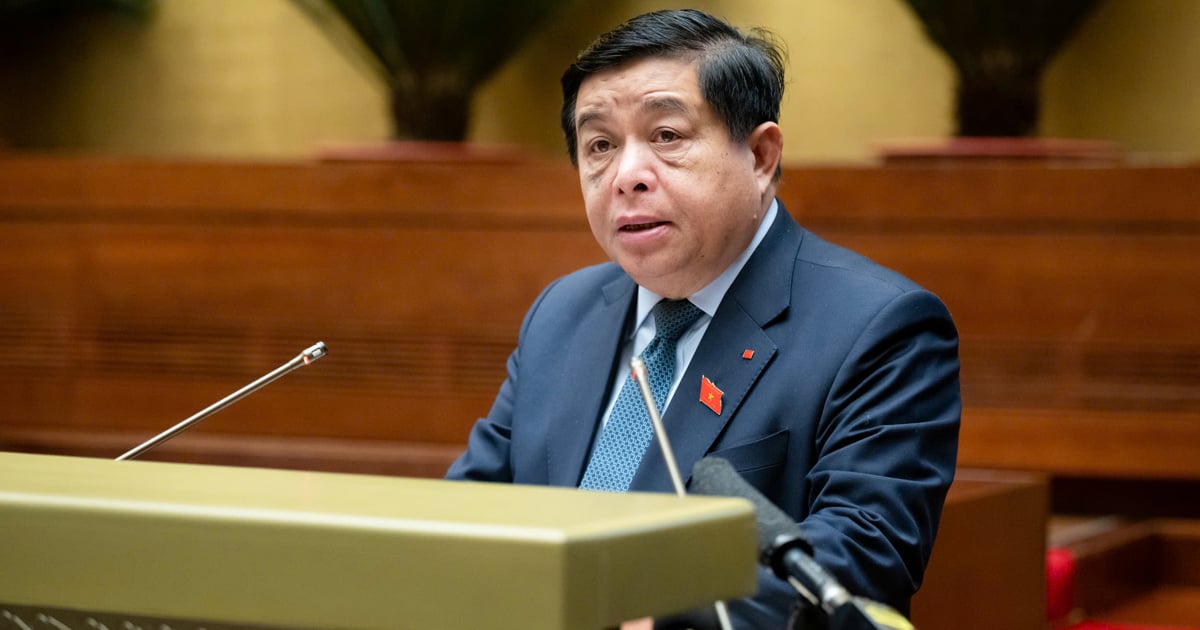

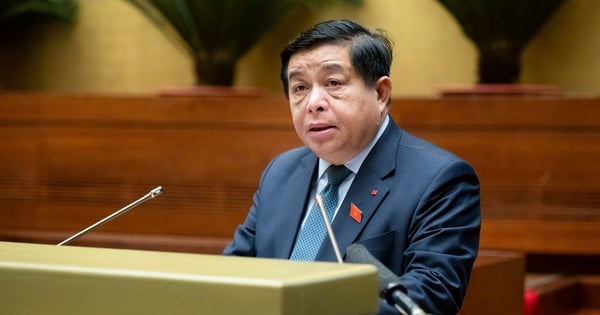


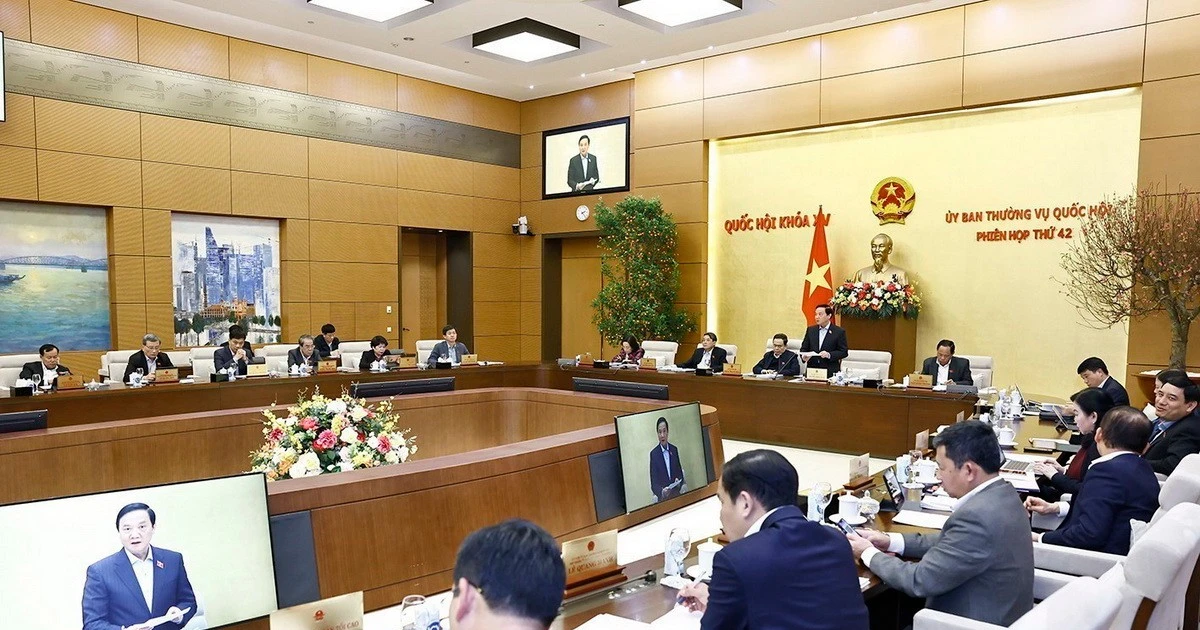

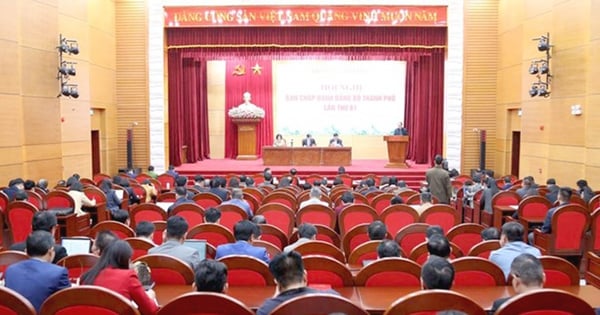











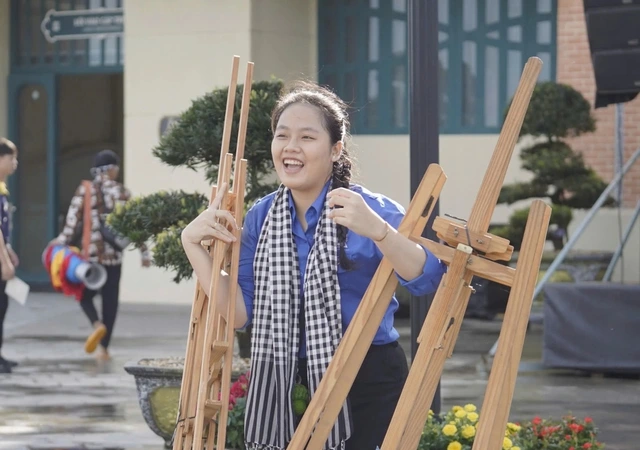






Comment (0)